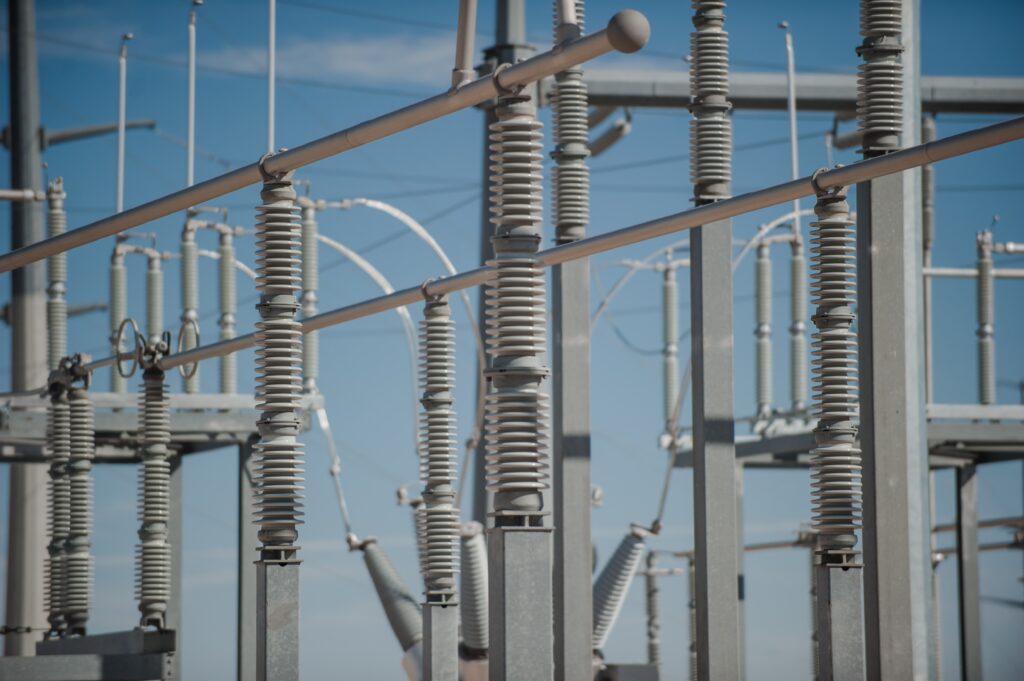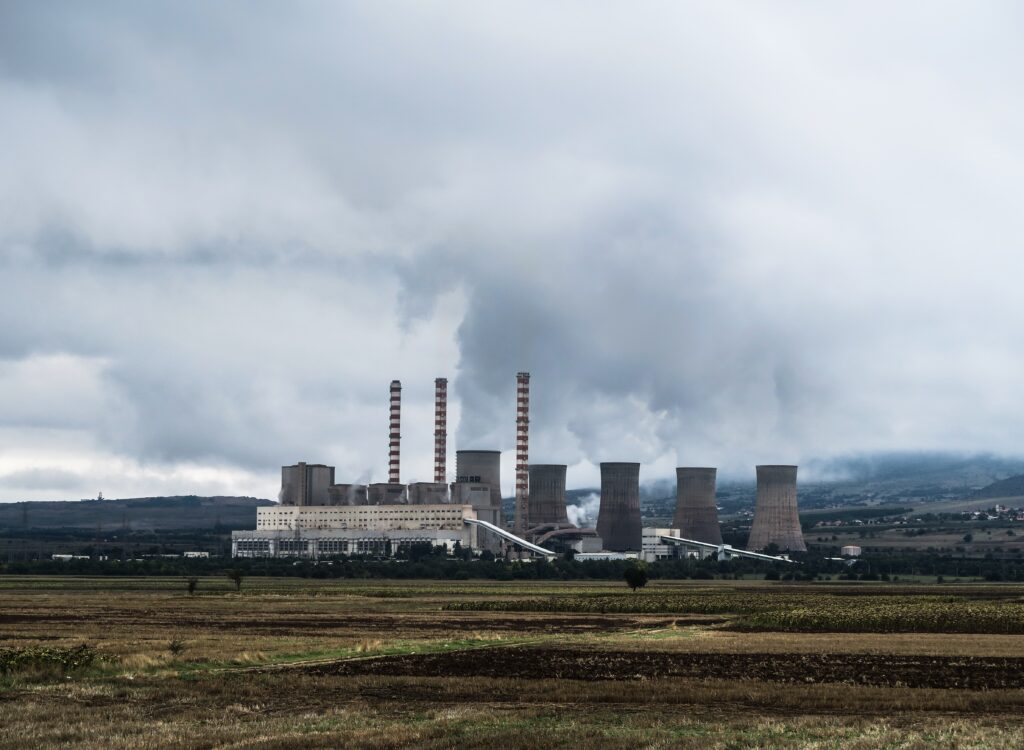So you’re curious about how many kilowatts it takes to power a house? Well, you’ve come to the right place! In this article, we will explore the fascinating world of household energy consumption and uncover the answer to that burning question. From appliances and lighting to heating and cooling systems, we’ll break down the various factors that contribute to your home’s electricity usage. Get ready to embark on an enlightening journey into the power requirements of a typical house.

Understanding Kilowatt Hours
Definition of a kilowatt hour
A kilowatt hour (kWh) is a unit of energy that is commonly used to measure electricity consumption. It represents the amount of energy consumed when a device with a power rating of one kilowatt is used for one hour. Essentially, it measures the energy consumption over a period of time rather than the power being used at any given moment.
How kilowatt hour is calculated
To calculate the kilowatt hour, you multiply the power rating of the device in kilowatts by the amount of time it is used in hours. For example, if you have an appliance with a power rating of 1.5 kilowatts and you use it for 2 hours, the energy consumption would be 3 kilowatt hours (1.5 kW * 2 hours = 3 kWh).
How kilowatts are used in households
In households, kilowatts are used to power various appliances and devices. Everything from lighting, heating and cooling systems, refrigerators, washing machines, televisions, computers, and more, all require a certain amount of kilowatts to operate. Understanding the kilowatt hour can help you better estimate your energy consumption and manage your electricity usage effectively.
Average Household Electricity Consumption By Country
Electricity consumption in the United States
The United States is known for its high energy consumption, and this is reflected in the average household electricity consumption. According to the U.S. Energy Information Administration, the average annual electricity consumption per U.S. residential customer in 2019 was about 10,649 kilowatt hours. This can vary depending on factors such as the size of the household, the climate in different regions of the country, and individual energy usage habits.
Electricity consumption in the United Kingdom
In the United Kingdom, the average household electricity consumption is lower compared to the United States. According to data from the Office for National Statistics, the average electricity consumption per household in the UK was approximately 3,700 kilowatt hours in 2019. Factors such as the size of homes, energy-efficient appliances, and energy-saving habits contribute to the variations in energy consumption among households.
Electricity consumption in Australia
Australia, with its diverse climate and large land area, experiences differences in electricity consumption across the country. The average household electricity consumption in Australia is approximately 5,625 kilowatt hours per year, as reported by the Australian Energy Market Operator. Factors such as the number of occupants, air conditioning usage, and household appliances contribute to the overall energy consumption in Australian households.
Electricity consumption in Canada
Canada, known for its harsh winters and vast land area, experiences variations in electricity consumption based on factors such as regional climates and energy usage habits. According to data from Natural Resources Canada, the average household electricity consumption ranges from approximately 10,874 to 24,345 kilowatt hours per year, depending on the province. Heating and cooling needs, as well as the use of electrical appliances, greatly influence the energy consumption in Canadian households.
Factors That Influence Household Energy Consumption
House size and layout
The size and layout of a house play a significant role in household energy consumption. Larger homes generally require more energy to heat or cool the living space. Additionally, houses with inefficient layouts may have areas that are difficult to heat or cool properly, leading to higher energy usage.
Number of household appliances
The number of electrical appliances used in a household directly impacts energy consumption. More appliances typically result in higher energy usage. It is important to consider the necessity of each appliance and ensure they are energy-efficient models to minimize energy consumption.
Number of occupants in the house
The number of people living in a household affects energy consumption. More individuals typically lead to an increase in energy demands for devices such as lighting, hot water, and cooking appliances. Coordinating and sharing energy-saving practices among occupants can help reduce overall energy consumption.
Regional climate
The climate in which a household is located greatly influences energy consumption. Regions with extreme temperatures, such as very hot summers or cold winters, require more energy for heating and cooling. It is essential to consider climate-related factors when estimating household energy consumption.
Energy efficiency of appliances
The energy efficiency of household appliances directly impacts energy consumption. Energy-efficient appliances are designed to use less electricity while performing the same tasks as their less efficient counterparts. Choosing appliances with high energy efficiency ratings can significantly reduce household energy consumption.
Energy consumption habits
Individual energy consumption habits greatly influence household energy consumption. Simple practices like turning off lights when not in use, unplugging electronics when not needed, and avoiding excessive heating or cooling can make a significant difference in energy usage over time.
Understanding Your Energy Bill
What is a kilowatt-hour on your electricity bill
A kilowatt-hour (kWh) on your electricity bill represents the amount of energy your household consumed over a specific period of time. It is used by electricity providers to calculate how much you owe for the electricity you used. The kilowatt-hour is often listed alongside the rate you are charged for each unit of energy in kilowatt-hours.
How to read your electricity bill
Reading your electricity bill is essential to understand your energy consumption and associated costs. Look for sections that provide the total kilowatt-hours consumed during the billing period. It is also useful to review any tiers or time-of-use rates that may affect your billing. Understanding the various charges, such as delivery and supply charges, can help you identify areas where you can potentially reduce your energy consumption.
How to calculate your monthly energy consumption
To calculate your monthly energy consumption, you need to determine the total kilowatt-hours used during the month. This can be found on your electricity bill. Sum up the kilowatt-hour readings for each billing period within the month to get the total energy consumption. It is helpful to keep a record of your monthly energy consumption to monitor any changes in usage patterns and identify opportunities for energy-saving measures.

Breakdown of Household Electricity Use
Electricity use for air conditioning and heating
In many households, air conditioning and heating systems account for a significant portion of overall electricity consumption. Cooling a house in summer and heating it during colder months can require a substantial amount of energy. Proper insulation and energy-efficient HVAC systems can help reduce the energy consumption associated with maintaining a comfortable temperature indoors.
Electricity use for electric appliances
Electric appliances such as refrigerators, washing machines, dryers, dishwashers, televisions, and computers contribute to household electricity use. It is important to choose energy-efficient models and use them sensibly to minimize energy consumption. Simple actions like running appliances with full loads, using shorter washing cycles, and turning off electronics when not in use can make a notable difference in energy consumption.
Electricity use for lighting
Lighting is another significant contributor to household electricity consumption. Using energy-efficient light bulbs such as LED or CFL bulbs can significantly reduce energy usage compared to traditional incandescent bulbs. Additionally, making a habit of turning off lights when leaving a room can help save energy.
Electricity use for water heating
Water heating is a common energy-consuming activity in households. Whether it is for showers, dishwashing, or laundry, heating water accounts for a notable portion of energy consumption. Using energy-efficient water heaters, lowering the water temperature, and minimizing hot water usage can help reduce energy consumption for water heating.
Energy Consumption of Common Household Appliances
Energy consumption of refrigerator
Refrigerators are one of the most energy-consuming appliances in households as they need to operate continuously. The energy consumption of a refrigerator can vary depending on factors such as size, age, and energy efficiency rating. Energy Star-rated refrigerators are known for their energy efficiency, consuming significantly less energy than standard models. Additionally, proper maintenance, such as regular defrosting and cleaning, ensures optimal efficiency.
Energy consumption of washing machine
Washing machines consume a notable amount of energy, especially during the heating and spinning cycles. Energy-efficient front-loading washing machines generally consume less energy compared to top-loading models. Washing clothes in cold water instead of hot or warm water can also significantly reduce energy consumption.
Energy consumption of dryer
Dryers are known to be energy-intensive appliances due to their heating and tumbling functions. To reduce energy consumption, consider air-drying clothes whenever possible or using the dryer for only necessary items. Regularly cleaning the lint filter and ensuring proper ventilation can also help optimize dryer efficiency.
Energy consumption of dishwasher
Dishwashers can consume a significant amount of energy, especially during the heating and drying processes. Energy-efficient dishwasher models often have features such as low-energy modes and sensor-based load adjustments. Running full dishwasher loads, avoiding pre-rinsing dishes, and using energy-saving settings can help reduce energy consumption.
Energy consumption of television
Televisions vary in energy consumption depending on factors such as screen size, type (LCD, LED, or plasma), and usage patterns. Energy-efficient TVs often have features like automatic brightness adjustment and power-saving modes. Turning off the TV when not in use and adjusting brightness settings can contribute to energy savings.
Energy consumption of computer
Computers, including desktops and laptops, can consume a significant amount of energy, especially when used for extended periods. Energy-efficient computers and monitors are designed to reduce energy consumption. Power management settings, such as sleep or hibernate modes, can help minimize energy usage when the computer is not actively being used.
Energy consumption of electric stove
Electric stoves typically consume a considerable amount of energy compared to other appliances. The energy usage of an electric stove depends on factors such as the number of burners, wattage, and cooking duration. Efficient use of the stove, such as using properly sized cookware and matching burner sizes, can help reduce energy consumption.

Seasonal Variation in Energy Usage
Factors contributing to higher energy usage in winter
During winter, energy usage tends to increase due to heating requirements. Cold temperatures often necessitate greater use of heating systems, which can significantly raise energy consumption. Insufficient insulation, drafts, and larger temperature differentials between indoor and outdoor spaces can further contribute to increased energy usage.
Factors contributing to higher energy usage in summer
In summer, the need for cooling systems like air conditioners increases, leading to higher energy consumption. Hot temperatures can cause increased strain on air conditioning systems, resulting in more energy being used to maintain a comfortable indoor environment. Poor insulation and incorrect use of cooling systems can also contribute to higher energy usage in summer.
Energy saving tips for different seasons
To reduce energy consumption during winter, energy-saving tips include properly insulating homes, sealing air leaks, setting thermostats at efficient temperatures, and using energy-efficient heating systems. In summer, tips for saving energy include using programmable thermostats, utilizing natural ventilation when possible, properly shading windows, and using efficient air conditioning systems set at optimal temperatures. Additionally, adopting energy-saving habits like adjusting thermostat settings when no one is home and using natural lighting during daylight hours can make a difference year-round.
How to Reduce Household Energy Consumption
Using energy-efficient appliances
Investing in energy-efficient appliances can significantly reduce household energy consumption. Look for appliances with Energy Star ratings, which meet strict energy efficiency guidelines. Energy-efficient models often consume less energy without sacrificing performance, resulting in long-term energy savings.
Adopting energy-saving habits
Developing energy-saving habits can have a significant impact on reducing household energy consumption. Simple actions like turning off lights when leaving a room, unplugging electronics when not in use, and using natural lighting can contribute to energy savings. Making a conscious effort to minimize unnecessary energy use can create a more sustainable and efficient household.
Investing in insulation
Proper insulation plays a crucial role in reducing energy consumption. Well-insulated homes are more energy-efficient as they retain heat during winter and keep cool air inside during summer. Adding insulation to walls, ceilings, and floors, as well as sealing air leaks, can help reduce energy loss and decrease the need for excessive heating or cooling.
Solar panels as an alternative energy source
Investing in solar panels can provide an alternative energy source for households. By converting sunlight into electricity, solar panels can help offset energy consumption from the grid. Over time, solar panels can lead to significant energy savings and even allow homeowners to sell excess electricity back to the grid.
Ways to Monitor Your Energy Usage
Using smart meter
Smart meters provide real-time information on energy consumption, allowing households to monitor and manage their usage more effectively. By providing detailed insights into energy consumption patterns, smart meters encourage energy-saving behaviors and help identify areas where energy consumption can be reduced.
Using energy monitoring apps
Energy monitoring apps connect to smart meters or home energy monitoring systems to provide real-time data on energy usage. These apps often offer features such as daily, weekly, or monthly energy consumption breakdowns and provide personalized recommendations for reducing energy use. They can be valuable tools for tracking energy consumption and optimizing energy-saving efforts.
Understanding energy rating labels on appliances
Energy rating labels provide information on the energy efficiency of appliances. Understanding these labels can help you make informed choices when purchasing new appliances. Labels often include ratings such as Energy Star, indicating high energy efficiency, as well as additional information on energy consumption, equivalent kWh per year, and estimated annual costs.
Conclusion: The Kw Needed to run a House
Revisiting average energy consumption of a house
Understanding the average energy consumption of a house is essential for managing energy usage effectively. Factors such as house size, number of occupants, regional climate, and energy-efficient appliances all contribute to the overall energy consumption. By being aware of these factors, homeowners can make informed decisions to reduce their energy consumption.
Importance of energy efficiency
Energy efficiency is crucial for sustainable and responsible energy consumption. By investing in energy-efficient appliances, adopting energy-saving habits, and improving insulation, households can significantly reduce their energy consumption and minimize their impact on the environment. Energy efficiency not only saves homeowners money in the long run but also contributes to a more sustainable future.
The role of households in sustainable energy practices
Households play a significant role in promoting sustainable energy practices. Through energy-saving practices, mindful energy consumption, and embracing renewable energy solutions, households can contribute to reducing overall energy demand and greenhouse gas emissions. By prioritizing energy efficiency and making conscious choices, individuals can make a positive impact on the environment and create a more sustainable future for generations to come.




